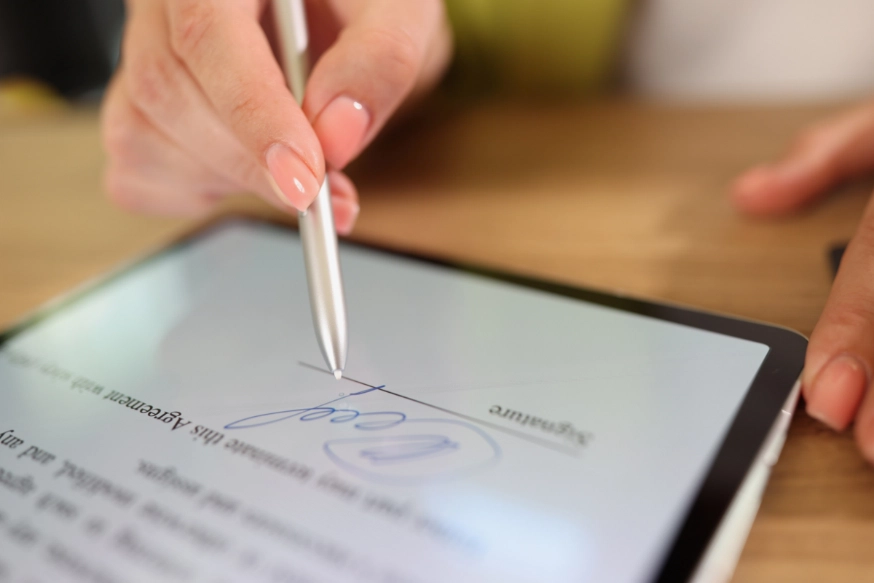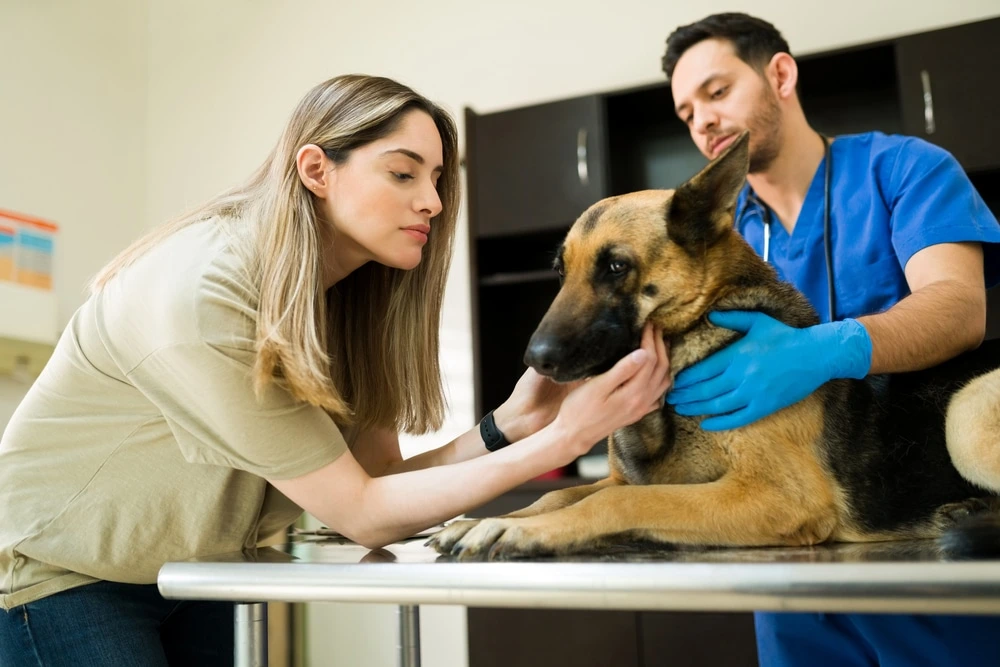Coping with triggers in sobriety is a crucial aspect of the recovery journey. Embracing creative outlets, such as photography, can provide powerful therapeutic support. Capturing moments through a lens allows individuals to process emotions and reflect on progress in a meaningful way. By focusing on the beauty and details around them, those in recovery can find new perspectives, which helps manage emotional triggers and offers comfort during challenging times. This practice not only enhances self-awareness but also fosters growth and healing, making it a valuable tool for maintaining sobriety.
Key Takeaways
- Photography offers a creative outlet for expressing emotions.
- Capturing beauty aids in finding solace and inspiration.
- Visual storytelling empowers individuals in their recovery journey.
- Taking photos can be calming and meditative.
- Photography fosters self-expression, resilience, and healing.
Understanding Sobriety Triggers
Understanding the sobriety triggers that individuals face is important in overcoming the challenges of maintaining a sober lifestyle. Triggers can be internal, such as stress or negative emotions, or external, like social situations or certain locations. Recognizing these triggers allows individuals to develop coping strategies and build resilience. By understanding and addressing these triggers, individuals can navigate their journey towards sobriety with greater awareness and strength.
Impact of Triggers on Recovery
The presence of triggers greatly influences the trajectory of one’s recovery journey following sobriety challenges. Triggers can evoke powerful emotions and cravings, testing one’s commitment to sobriety. Understanding how triggers impact recovery is essential for developing effective coping strategies. It is normal to experience triggers, but with support and resilience, individuals can navigate these challenges and continue on their path towards healing and growth.
Role of Photography in Coping
Photography serves as a creative outlet and therapeutic tool for individuals facing the challenges of sobriety, offering a visual means to express emotions and capture moments of personal growth. By focusing on the beauty around them, individuals can find solace and inspiration in their journey to recovery. The act of taking photos can be calming and meditative, providing a constructive way to cope with the difficulties of sobriety.
Using Photography for Self-Expression
Utilizing photography as a form of self-expression can offer individuals in recovery a powerful outlet to convey their emotions, reflections, and personal narratives. Through capturing images that resonate with their inner experiences, individuals can visually articulate their journey, struggles, and triumphs. This process of self-expression not only fosters introspection but also provides a tangible representation of their growth and resilience, fostering a sense of empowerment and connection.
Building Resilience Through Visual Storytelling
By harnessing the power of visual storytelling, individuals facing the challenges of sobriety can cultivate resilience through the art of photography. Capturing moments, emotions, and progress visually can serve as a powerful tool in building strength and overcoming obstacles on the path to recovery. Through visual storytelling, individuals can create a narrative that empowers them, fosters self-reflection, and provides a sense of purpose in their journey towards sobriety.

Frequently Asked Questions
Can Photography Help With Managing Stress in Sobriety?
Photography can be a powerful tool in managing stress during sobriety. Through capturing moments, individuals can express emotions, find mindfulness, and create positive distractions. It offers a creative outlet that promotes self-reflection and relaxation.
How Can Photography Improve Self-Awareness During Recovery?
Engaging in photography during recovery can deepen self-awareness by prompting reflection on captured moments, emotions, and perspectives. Through this creative process, individuals can gain insights into their journey, emotions, triggers, and strengths, fostering personal growth.
Is There a Specific Type of Camera Needed to Benefit From Photography in Sobriety?
When considering the benefits of photography in sobriety, the type of camera is not the critical factor. The focus should be on the act of capturing moments, expressing emotions, and fostering self-reflection, regardless of the camera used.
Can Photography Be Used as a Form of Meditation for Individuals in Recovery?
Photography can indeed serve as a powerful form of meditation for individuals in recovery. Through focusing on capturing moments, emotions, and perspectives, individuals can cultivate mindfulness, self-expression, and a sense of calm and purpose.
How Can Photography Assist in Creating a New Sense of Purpose Post-Addiction?
Photography can help post-addiction by offering a creative outlet, fostering self-expression, and providing a new focus. Through capturing moments, individuals can rediscover passions, build self-esteem, and develop a sense of purpose beyond their past challenges.
Conclusion
To wrap up, photography serves as a powerful tool for individuals facing sobriety challenges. By capturing moments visually, individuals can explore their inner experiences, reflect on their journey, and cultivate resilience in the face of triggers. Through the act of taking photos, individuals can create a visual narrative of their recovery, fostering self-expression, introspection, and a sense of connection to their journey towards sobriety.



